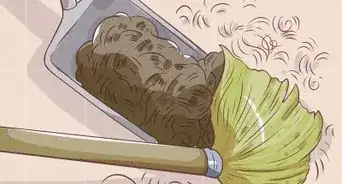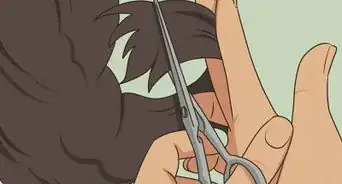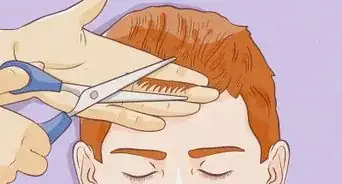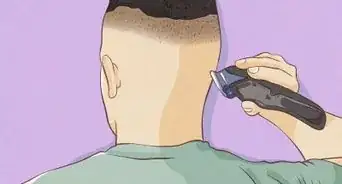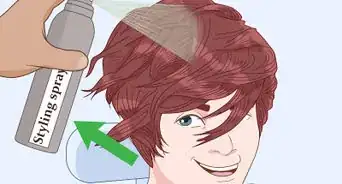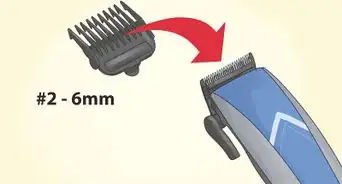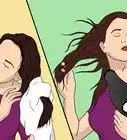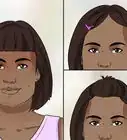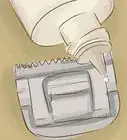This article was co-authored by Christine George and by wikiHow staff writer, Danielle Blinka, MA, MPA. Christine George is a Master Hairstylist, Colorist, and Owner of Luxe Parlour, a premier boutique salon based in the Los Angeles, California area. Christine has over 23 years of hair styling and coloring experience. She specializes in customized haircuts, premium color services, balayage expertise, classic highlights, and color correction. She received her cosmetology degree from the Newberry School of Beauty.
There are 8 references cited in this article, which can be found at the bottom of the page.
This article has been viewed 30,825 times.
Cutting hair is a fun way to express your creativity and help people look their best. Plus, you may be able to save money by cutting your own hair or giving your family trims. Being able to give a great haircut is a useful skill, but it takes practice to master your technique. Fortunately, you can easily practice at home to improve your skills.
Steps
Building Basic Skills
-
1Use sharp hair-cutting shears. Dull scissors can damage your hair, so don’t use a pair of kitchen or craft scissors to cut hair. Instead, get a pair of hair-cutting shears, which have a sharper blade that will slice through hair easily. Look for hair-cutting shears at a beauty supply store or online.[1]
- You may also be able to find them in the haircare department of your local department stores. Inexpensive pairs start out as low as $10.
-
2Use a doll, wig, or mannequin head for practice. Try out your hair cutting skills on a fake head of hair before you give anyone a real haircut. Make your dolls, wigs, or mannequin heads last longer by giving your practice models trims and long haircuts at first. This way you can give them multiple haircuts so you get more practice.[2]
- Dig out your old dolls or ask family members if they have any dolls you can use. You can also find dolls at a thrift store or dollar store, as well as online.
- If you don’t have any wigs, look for cheap wigs online, at a thrift store, or at a costume shop. You might also ask friends or relatives if they have old costume wigs they can donate to you.
- Purchase mannequin heads from a beauty supply store or online. Mannequin heads start as low as $15 to $20, but you can get higher quality models that cost more.
Advertisement -
3Cut hair while it's dry so it’s easy to see how it’ll look when it’s finished. Your hairstylist may cut your hair while it’s damp, but it's best to cut hair dry if you're first starting out. Wet hair will shrink up when it dries, so it's easier to make mistakes when cutting damp hair. On the other hand, cutting dry hair allows you to check your progress as you cut.[3]
- It’s especially important to cut curly or textured hair while it’s dry so you can see the curl patterns.
-
4Make small cuts so you’re less likely to make mistakes. When you're cutting hair, it’s easy to accidentally cut off more than you intended. To prevent this, trim small amounts of hair at a time. Slowly trim the hair until you’re happy with the haircut.[4]
- Check the hair after each cut to see how it looks. If you make a mistake, it’ll be easier to correct it if you catch it right away.
-
5Ask someone you trust to give you feedback on your haircuts. Getting feedback can help you improve your technique. Talk to someone you trust to tell you the truth but to also be kind. Listen to their feedback and use it to improve your hair cutting skills.[5]
- For example, you might ask a close friend who isn’t afraid to tell the truth if they don’t like your haircuts.
Mastering Common Techniques
-
1Start with small trims. It’s much easier to do a trim than to make a major change. When you first start cutting hair, just cut the split ends with the tip of your hair-cutting shears. Then, try trimming about .25 to .5 in (0.64 to 1.27 cm) from the hair. When you feel like you’re getting the hang of it, try cutting longer hairstyles.[6]
- Doing trims will also give you the opportunity to get more practice, since you won’t be removing much hair at once.
-
2Do a few bang trims to perfect your technique. Start by combing the hair forward from the top of the head. Hold the hair between your index and middle fingers, then slowly cut horizontally. Use the tips of your hair-cutting shears to snip the ends of your bangs to even them out and to soften the edges.[7]
- In addition to blunt-cut bangs, you could try side-swept fringe or wispy bangs.
-
3Practice giving a fade. With an 00000 blade on your trimmers, create a guideline from the temples around the back of the head where you want your fade to begin. Then, use an electric shaver to shave below the guideline. Next, open the lever on your trimmer and cut a second guideline about .5 in (1.3 cm) above your initial guideline. Switch to a 1-1/2 detachable blade and cut a new guideline about 1 in (2.5 cm) above the previous one. Hold your clipper over your comb to blend your top guideline into the hair. Use a 1A detachable guide followed by a 1/16 guard to blend the fade.[8]
- Work slowly so you don’t accidentally cut too much hair at once.
-
4Hone your layer-cutting skills. Section the top half of your hair into 3 sections and clip them, leaving the bottom of your hair loose. Let down the top section of your hair and comb it up above your head, then cut it to your desired length for the top layer. Working horizontally down the center section, comb the hair up to match your first cut, then trim that section to match the first. Keep working down to the bottom section, then repeat for each of the side sections.[9]
- Make all of your cuts above the head. This way you can use your first cut at the top of the head as a guide for all of your other cuts. As you move further down toward the nape of the neck, the layers will get longer since they’re further down on the head.
Practicing on Real People
-
1Cut your own hair with the help of a mirror. Consider making yourself your first client. While cutting your own hair can be tricky, arranging a mirror in front of you and behind you to see all sides of your head can help. Stand in front of a large bathroom or dresser mirror. Then, place a smaller mirror in front of you so you can check the back and sides of your hair as you cut.[10]
- Try different mirror positions to find what works for you.
-
2Offer free haircuts to your friends and family. Your family and friends may be willing to let you practice on their hair in exchange for a free haircut. Start by giving your children or partner a haircut, if applicable. Then, extend the offer to your extended family and close friends.[11]
- Take pictures of the haircuts you give so you can monitor your progress.
Tip: When cutting a child’s hair, try to make it fun. Put on a movie or let them play a game to keep them entertained.[12]
-
3Tell people your experience level before you cut their hair. Make sure your potential hair models know that you’re still building your hair cutting skills. Tell them how long you’ve been cutting hair, how many haircuts you’ve done, and which skills you’ve practiced most. Then, let them decide if they feel comfortable letting you cut their hair.
- You might say, “I’ve been cutting hair for a few weeks now. I’ve done 4 haircuts on family members, but I’ve also practiced on dolls and mannequin heads. I’m pretty good at cutting long styles.”
-
4Ask your models if it's okay if their haircut doesn’t turn out as expected. While you likely give great haircuts, everyone makes mistakes, including the most skilled stylists. Reassure your potential models that you’re going to do your best to create a style they love. However, make sure they’re okay with getting a different style than they expect.[13]
- Say, “I love the style you’ve picked out! I should be able to pull this off, but will you be upset if it looks a bit different than the picture?”
- If the person isn’t okay with a possible bad haircut, it may be best to turn them down as a practice model so you don’t risk disappointing them. Alternatively, you could offer to pay for a follow-up haircut if they don’t like the haircut you give them.
-
5Do your best to give your model the style they want. When you’re practicing your hair cutting skills, it’s understandable that you’d want to play around and try out new techniques. However, it’s important to give people the haircut they want. Try to get your haircuts as close to what your subject wants.[14]
- If someone wants a trim, don’t cut off more than necessary.
- Similarly, don’t give someone a bob if you know they like long layers.
Improving Your Hair Cutting Skills
-
1Watch videos of professional stylists to learn from their techniques. You can learn a lot about how to cut hair by watching trained professionals. Check out videos posted by skilled stylists. Pay attention to their technique and the tips they share.[15]
- If you’re cutting your hair or your family’s hair, look for videos of clients who have a similar hair texture so you’ll get the best tips for your needs. For instance, if you have curly hair, focus on videos of stylists cutting curly hair.
-
2Ask a stylist you know for their best tips. Your stylist has years of education and training, and they may be willing to give you a few helpful hints. Listen to their expertise and ask them specifically what they’d recommend for your hair type. This may help you improve your hair cutting skills.[16]
- You might ask questions like, “What’s the best way to cut layers for my hair texture?” “How much hair should I cut off at one time?” or “How long should I cut my bangs?”
-
3Enroll in a beauty school if you want to be a professional stylist. Being a hairstylist is a fun, creative career that gives you the opportunity to help others look their best. If you want to be a professional hair stylist, apply for acceptance to a beauty or cosmetology school in your area. Once your training is complete, take your licensing exam to become a stylist.[17]
- Depending on where you live, the requirements for being a hairstylist may vary. Check the rules in your area to find out what you need to do.
Expert Q&A
-
QuestionHow should I cut my hair as a beginner?
 Christine GeorgeChristine George is a Master Hairstylist, Colorist, and Owner of Luxe Parlour, a premier boutique salon based in the Los Angeles, California area. Christine has over 23 years of hair styling and coloring experience. She specializes in customized haircuts, premium color services, balayage expertise, classic highlights, and color correction. She received her cosmetology degree from the Newberry School of Beauty.
Christine GeorgeChristine George is a Master Hairstylist, Colorist, and Owner of Luxe Parlour, a premier boutique salon based in the Los Angeles, California area. Christine has over 23 years of hair styling and coloring experience. She specializes in customized haircuts, premium color services, balayage expertise, classic highlights, and color correction. She received her cosmetology degree from the Newberry School of Beauty.
Master Hair Stylist & Colorist When you're cutting curly hair, you should usually be doing layers so there isn't too much weight at the top.
When you're cutting curly hair, you should usually be doing layers so there isn't too much weight at the top.
Things You’ll Need
- Hair cutting scissors
- Hair clippers
- Comb
- Towel or hairdresser’s cape
- Spray bottle of water
- Mirrors
- Dolls (optional)
- Wigs (optional)
- Mannequin heads (optional)
Warnings
- It’s illegal in most areas to operate as a hair stylist or barber if you aren’t licensed. You may get in trouble if you are charging people for haircuts if you aren’t licensed. In some areas, you can also get in trouble for giving free haircuts, so check the laws in your area.[18]⧼thumbs_response⧽
References
- ↑ http://cosmeticsandbeauty.net/cutting-hair-at-home/
- ↑ http://cosmeticsandbeauty.net/cutting-hair-at-home/
- ↑ https://parade.com/1016340/rachelweingarten/how-to-cut-husband-kids-hair/
- ↑ https://www.insider.com/how-do-i-cut-my-hair-2018-4
- ↑ https://www.insider.com/how-do-i-cut-my-hair-2018-4#have-someone-double-check-your-work-6
- ↑ https://parade.com/1016340/rachelweingarten/how-to-cut-husband-kids-hair/
- ↑ http://cosmeticsandbeauty.net/cutting-hair-at-home/
- ↑ https://www.youtube.com/watch?v=oQZkU25VpMs&feature=youtu.be&t=22
- ↑ https://www.youtube.com/watch?v=7IJl64tMb5o&feature=youtu.be&t=36
- ↑ https://www.theloop.ca/how-to-cut-your-own-hair-without-screwing-it-up/
- ↑ https://parade.com/1016340/rachelweingarten/how-to-cut-husband-kids-hair/
- ↑ https://parade.com/1016340/rachelweingarten/how-to-cut-husband-kids-hair/
- ↑ https://parade.com/1016340/rachelweingarten/how-to-cut-husband-kids-hair/
- ↑ https://parade.com/1016340/rachelweingarten/how-to-cut-husband-kids-hair/
- ↑ http://cosmeticsandbeauty.net/cutting-hair-at-home/
- ↑ https://www.insider.com/how-do-i-cut-my-hair-2018-4
- ↑ https://www.dol.wa.gov/business/cosmetology/docs/cosmetology-law-book.pdf
- ↑ https://www.dol.wa.gov/business/cosmetology/docs/cosmetology-law-book.pdf
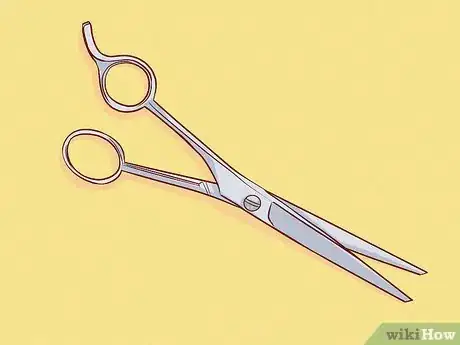
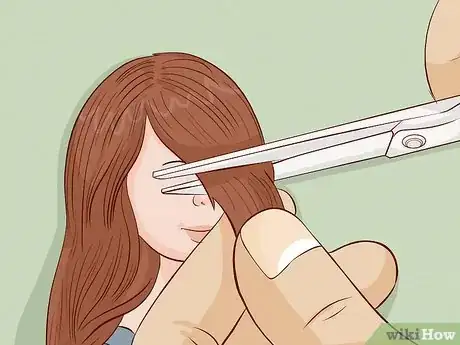
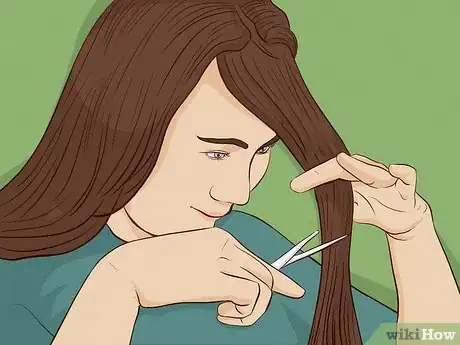
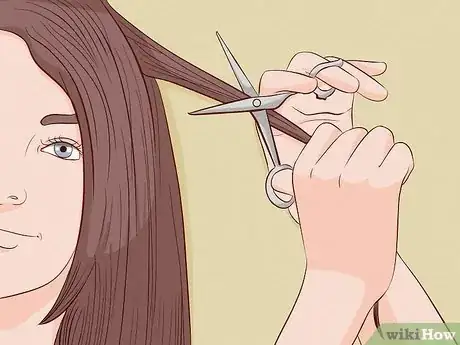
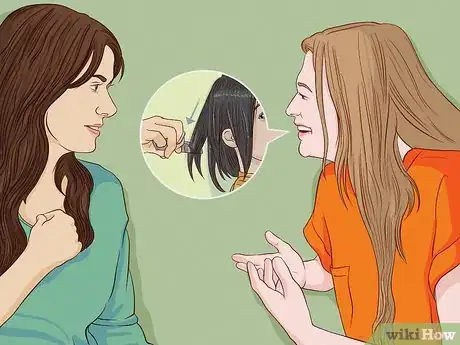
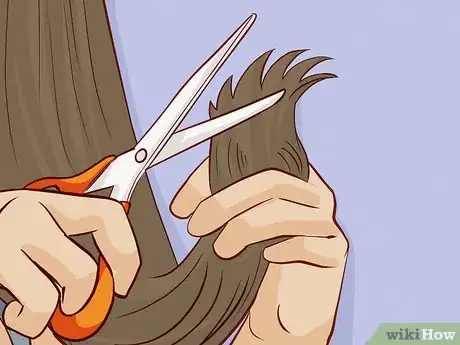
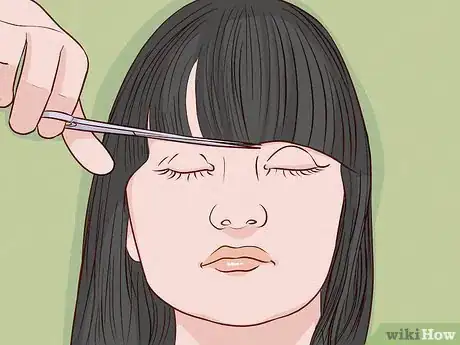
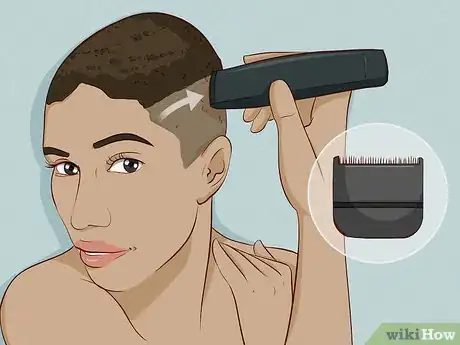
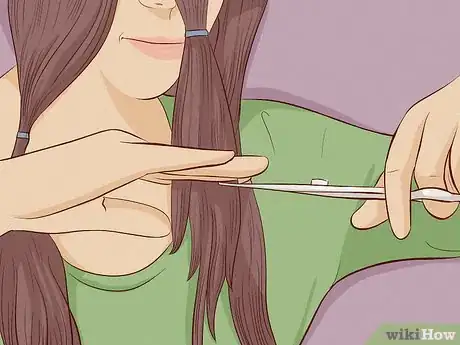
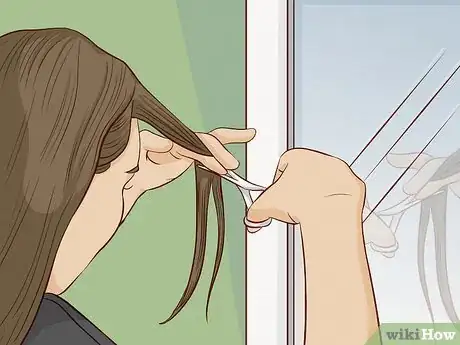
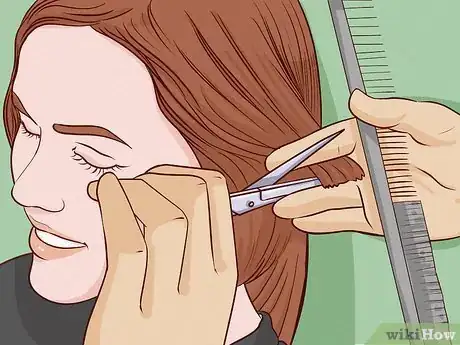
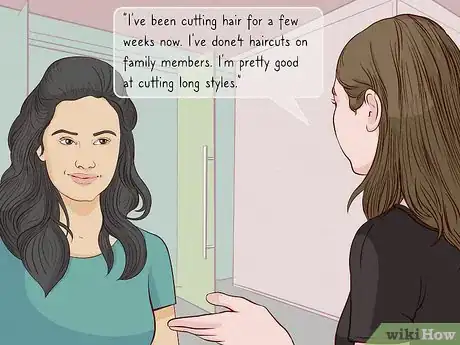
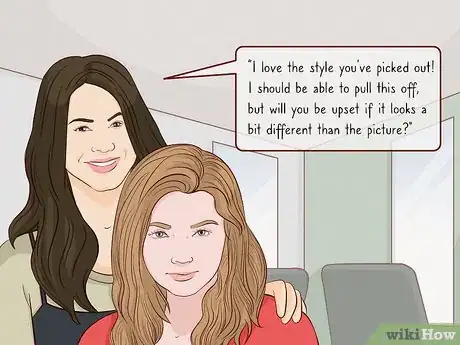
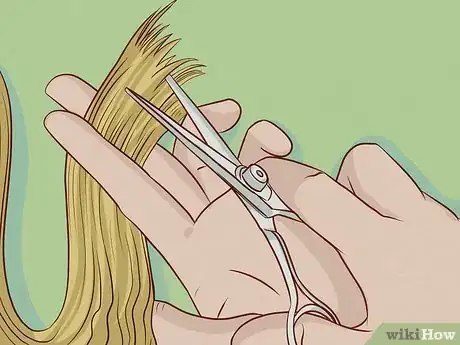
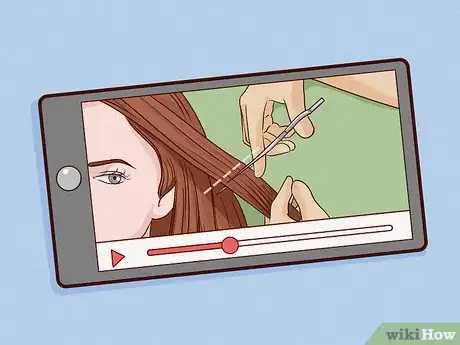
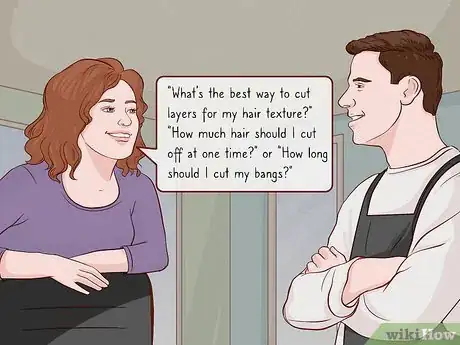
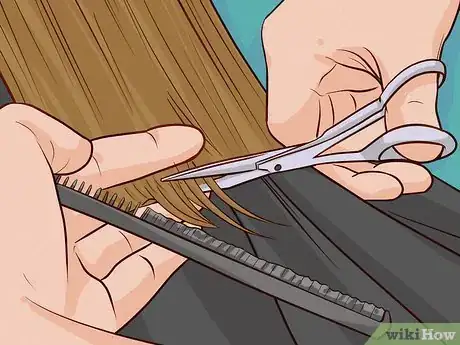
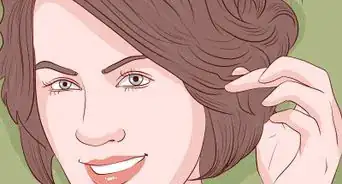
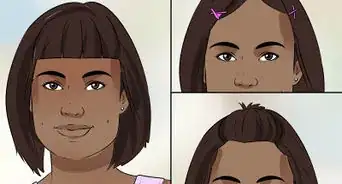
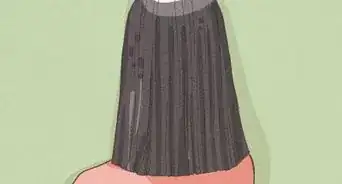
-Step-18-Version-2.webp)
